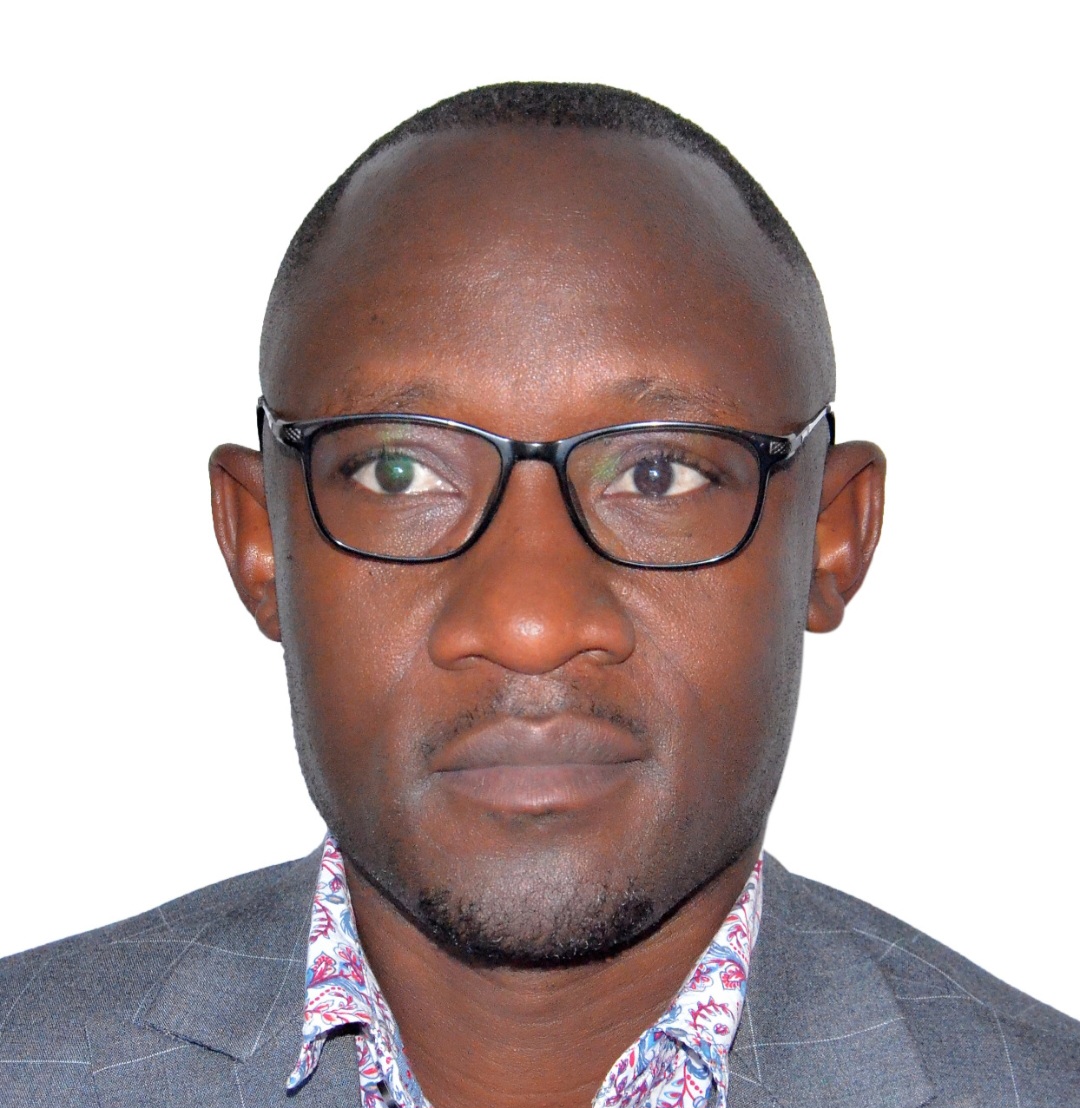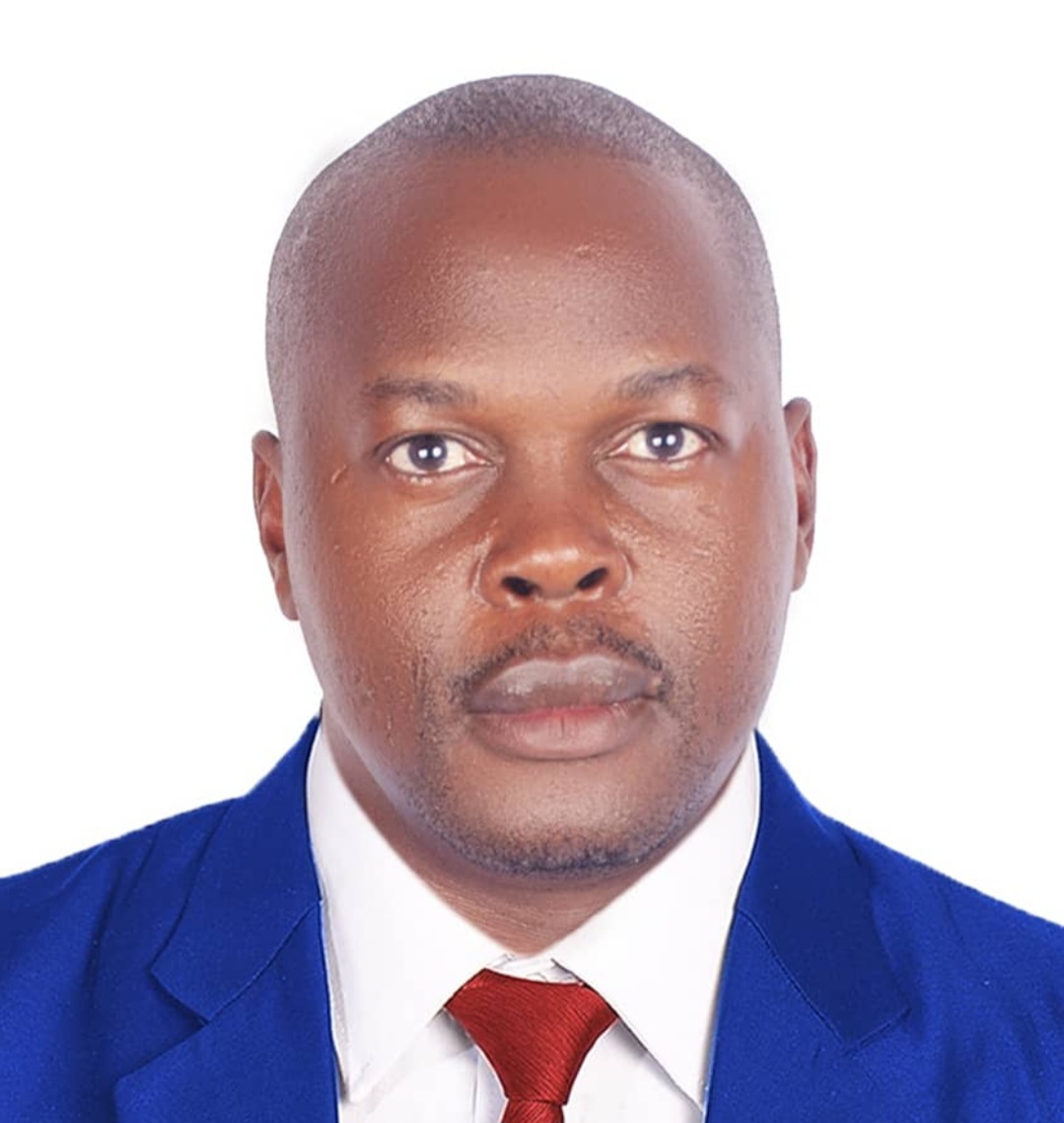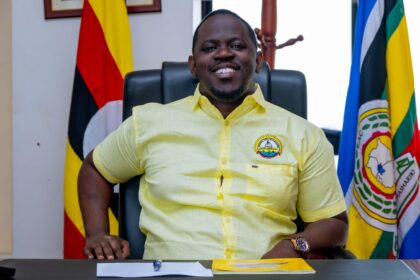In some of my articles published in watchdog news and academic journals, I have vividly shown that climate change is a complex issue in the entire Karamoja Subregion, and the Karimojong are struggling to address it. Surprisingly, climate change causing havoc to the Karimojong is an integral component of sustainable development worldwide (Kuyper et al., 2018).
For clarity, let me differentiate between a mindset and a mindset change to help readers better understand the two concepts.
A mindset is a current set of attitudes, beliefs, and ways of thinking (Duckworth 2016; Dweck, 2006), while mindset change is the process of shifting those attitudes and beliefs to a new way of thinking (Kegan & Lisa Lahey, 2009). Yolles (2024) further elaborates that mindsets are the internal lens through which people see and navigate life.
Practitioners and scholars are increasingly advocating for a new complementary approach to addressing the issue of Climate Change.
This approach involves the application of mindset to tackle the root cause of climate change (Smirth et al, 2014).
Due to the scale of the problem of climate change in Karamoja, only a small proportion of people may believe that climate change and its effects on smallholder farmers can be successfully overcome.
However, evidence shows that a mindset of belief and willingness can create the possibility of developing solutions and actions for climate change (Hidalgo & Pisano, 2010; Kellstedt et al.,2008). Indeed, for the Karamoja subregion, stakeholders first need to believe that climate change is a reality in Karamoja. Then, they need to have the willingness to budget and allocate significant funds for climate change. This will increase adaptation, mitigation, and resilience or adaptive capacity.
Infact, Powietrzynska et al., (2015) suggest that mindfulness can open new pathways towards achieving sustainability, which I will refer to as resilience or adaptive capacity. My message to stakeholders on Climate change in Karamoja is to be mindful, intentional, non-judgmental, and attentive while responding to the climate change problem.
This must go hand in hand with thinking about climate change so that pre- planning for climate change is done, not only post disaster management for the Karamoja sub region. In conclusion, climate change is a reality, and the concept of mindset needs to be applied not only by stakeholders but by all citizens in Karamoja to increase resilience and reduce the suffering of the Karimojong.
Ayub Mukisa (PhD)
Executive Director – Karamoja Anti Corruption Coalition (KACC)
Email: ayubmukisa@gmail.com
Do you have a story in your community or an opinion to share with us: Email us at Submit an Article









